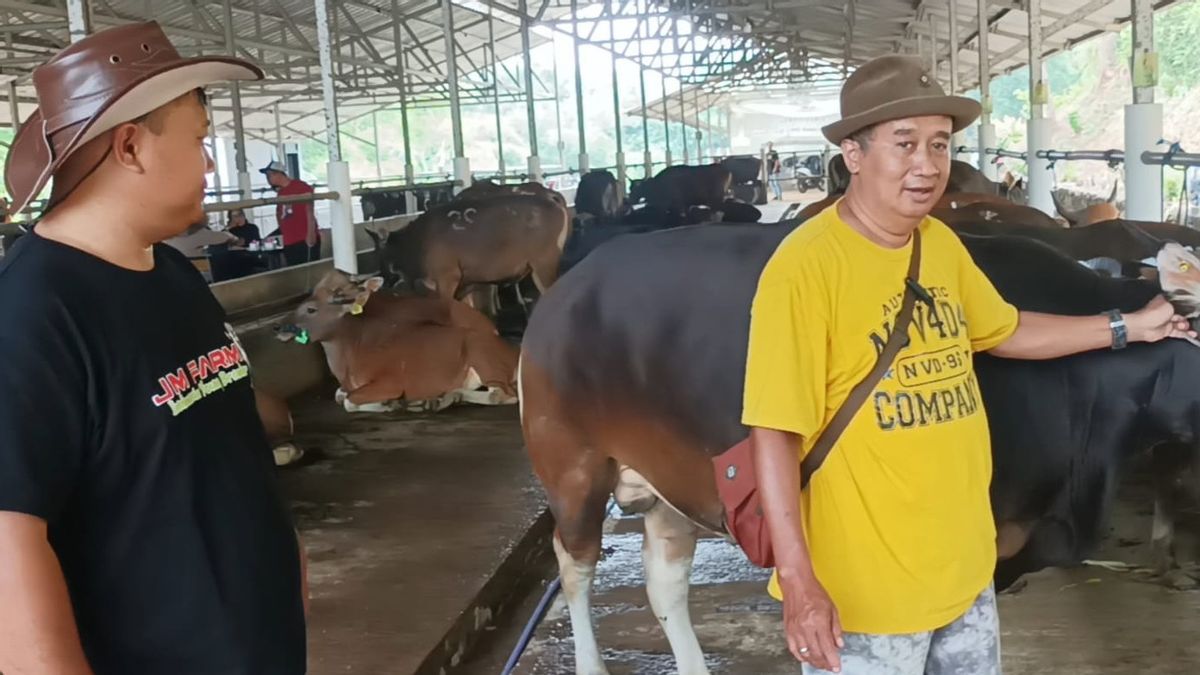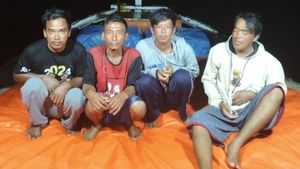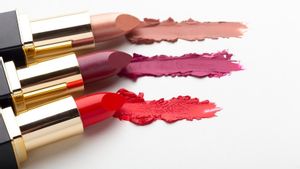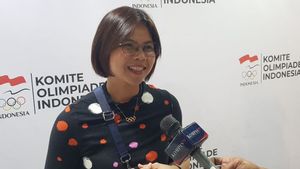JAKARTA - Seasonal sacrificial animal traders choose to open their selling stalls in the border areas of Bekasi and Bogor in 2024. The reason traders opened stalls in border areas is to reduce the cost of renting stalls.
Adin, a seller of sacrificial animals who has been selling in the Jatiasih area for about three years, Bekasi City which borders Ciangsana, Gunung Putri, Bogor Regency, said that choosing the trade of sacrificial animals at the border was due to large land and relatively affordable rental costs.
"The first is narrow land, Jakarta. There are many high-rise buildings. In Jakarta, the rental is also a bit expensive, yes, if the cattle are 100 heads, land rental is Rp. 40 million. It's not the daily operation of Rp. 1 million, a month it can be Rp. 30 million," he complained to reporters, Sunday, June 2.
Because of this consideration, Adin continued, many traders of the sacrificial animal season who previously sold in Jakarta moved to Bekasi. And, most of them are in the Jatiasih area, to the Ciangsana area, Bogor.
"Along Ciangsana, Bojongkulur to Jatiasih, if calculated there are around 2 thousand cows and goats sold in seasonal traders. The distance is close to all," said Adin.
According to Adin, traders of the season of sacrificial animals in the area come from various regions. Starting from local residents, West Java, DKI Jakarta, Central Java, East Java, to Lampung.
"Indeed, on the left and right if we walk from Jatiasih, Bojongkulur to Ciangsana, there are many cattle and goat traders. Limousine, Bali, Kupang cows have goats. Don't worry about there being a lot of stock here. If you want an impromptu takbiran night, you will also look here," he said.
SEE ALSO:
Adin admitted that it was the first time selling sacrificial animals in 1993 in Rawamangun, East Jakarta.
"Most of the consumers here are from Jatiasih, from Jakarta is also from Klender. From Kuningan there is also. Because I'm also here for three months, the rent is Rp. 5 million for a month. Here most buyers have subscribed," he said.
Cows sold by Adin were imported mostly from Bali and Kupang, while goats were imported from Central Java. This year sales are predicted to increase because traders are less than last year.
The English, Chinese, Japanese, Arabic, and French versions are automatically generated by the AI. So there may still be inaccuracies in translating, please always see Indonesian as our main language. (system supported by DigitalSiber.id)
















